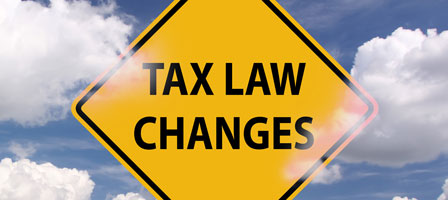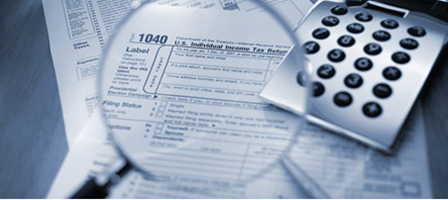PREPARING YOUR FAMILY FOR AN EARTHQUAKE
When preparing for an earthquake, plan on having enough supplies to get you and your family through at least the first 72 hours. After a major earthquake, there’s a good chance that traditional emergency response teams will be too busy to take care of you and your family. You need to prepare your home and neighborhood.
The Plan
- Stock up on at least a three-day supply of food, water, clothes, medical supplies and other necessary equipment for everyone in your family. Make sure everyone knows where to find them. (See the information sheet on emergency supplies in this packet.)
- Decide where and when to reunite with your family should you be apart when an earthquake happens.
- Choose a person outside the immediate area to contact if family members are separated. Long-distance phone service will probably be restored sooner than local service. Do not use the phone immediately after an earthquake.
- Know the policies of the school or daycare center your children attend. Make plans to have someone pick them up if you are unable to get to them.
- If you have a family member who does not speak English, prepare an emergency card written in English indicating that person’s identification, address and any special needs such as medication or allergies. Tell that person to keep the card with him/her at all times.
- Conduct Earthquake Duck, Cover & Hold drills every six months with your family.
- Know the safest place in each room because it will be difficult to move from one room to another during a quake.
- Locate the shutoff valves for water, gas and electricity. Learn how to shut off the valves before a quake. If you have any questions, call your utility company.
- Make copies of vital records and keep them in a safe deposit box in another city or state. Make sure your originals are stored safely.
- Before a quake occurs, call your local Red Cross Chapter and Office of Emergency Services to find out about their plans for emergency shelters and temporary medical centers in case of such a disaster.
- Establish all the possible ways to exit your house. Keep those areas clear.
- Know the locations of the nearest fire and police stations.
- Take photos and/or videos of your valuables. Make copies and keep them in another city or state or digitally in the cloud.
- Include your babysitter and other household help in your plans.
- Keep an extra pair of eyeglasses and house and car keys on hand.
- Keep extra cash and change. If electricity is out, you will not be able to use an ATM.
General Tips
- Stay away from heavy furniture, appliances, large glass panes, shelves holding objects, and large decorative masonry, brick or plaster such as fireplaces.
- Keep your hallway clear. It is usually one of the safest places to be during an earthquake.
- Stay away from kitchens and garages, which tend to be the most dangerous places because of the many items kept there.
Download the State of California Earthquake Preparedness Checklist.






Leave a Reply
Want to join the discussion?Feel free to contribute!